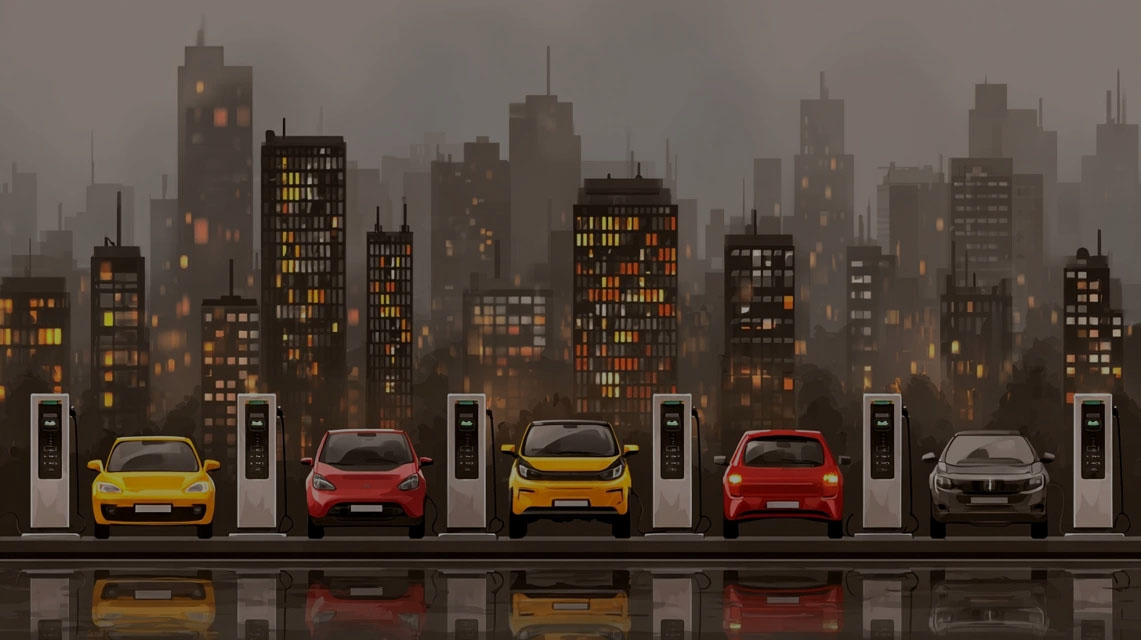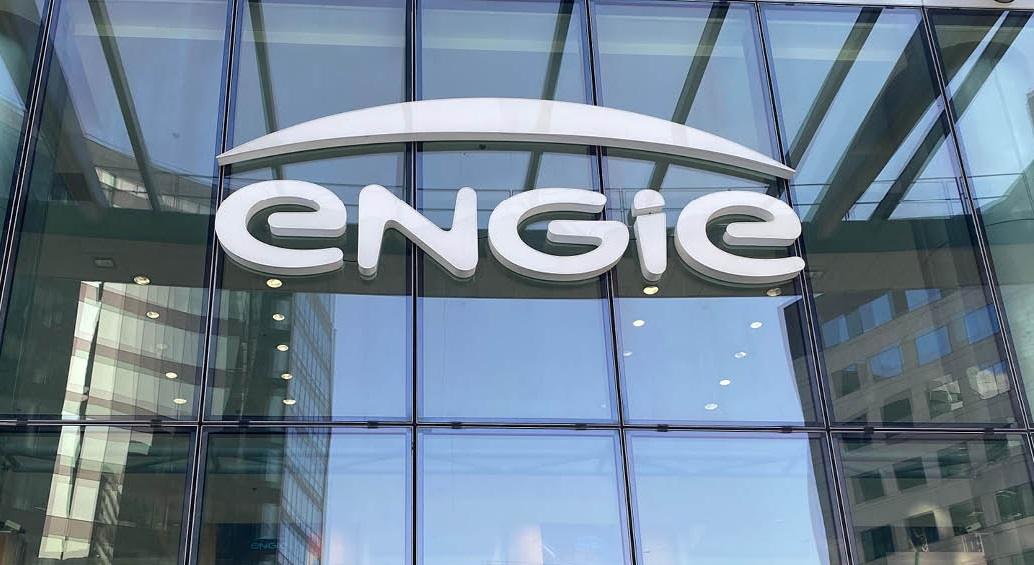Clean energy, automation, and advanced mobility sectors experience rapid growth, strategic deals, and regulatory pivots as global markets react to new policies and technological breakthroughs.
At a glance – The past 24 hours have seen the global clean technology market accelerate, with new data showing a projected compound annual growth rate (CAGR) of 12.7% from 2025 to 2030, reaching $1.84 trillion by 2030. Asia Pacific continues to dominate, accounting for over 50% of 2024’s revenue, while India is forecast to post the highest CAGR through 2030. The renewable energy segment, led by solar and wind, remains the largest, but energy storage and electric vehicles are rapidly gaining share. Market sentiment is buoyed by declining costs in renewables, surging demand for distributed energy, and a wave of investments in grid modernization and hydrogen. However, volatility persists as investors weigh the impact of new US tariffs on Chinese solar components, ongoing supply chain disruptions, and fluctuating raw material prices, particularly for lithium and rare earth elements. Live trading in US and European markets reflects cautious optimism, with clean tech indices outperforming broader benchmarks on the back of strong earnings from sector leaders and robust capital inflows.
Technology advance – In a major product launch, Siemens Energy unveiled its next-generation grid-scale battery storage system, the SIESTORAGE X, designed for rapid deployment in urban and remote settings. The system leverages advanced AI-driven energy management algorithms, promising a 30% improvement in round-trip efficiency and a 40% reduction in installation time compared to previous models. Meanwhile, Boston Dynamics announced a new robotics platform, Atlas Pro, tailored for automated solar farm maintenance, integrating machine vision and predictive analytics to reduce downtime and operational costs. In marine technology, Norway’s Corvus Energy debuted its Blue Whale marine battery, now certified for deep-sea shipping, marking a milestone for green shipping initiatives. EVTOL innovation also made headlines as Archer Aviation completed its first piloted test flight of the Midnight air taxi in California, signaling progress toward commercial advanced air mobility services by 2026.
Partnerships – A landmark alliance was announced between General Motors and Enel X to co-develop bidirectional EV charging infrastructure across North America, targeting commercial fleets and logistics hubs. The partnership aims to deploy 10,000 charging points by 2027, integrating vehicle-to-grid (V2G) technology to support grid resilience and renewable integration. In the defense and dual-use sector, Lockheed Martin and QuantumScape entered a strategic collaboration to adapt solid-state battery technology for unmanned aerial and marine systems, focusing on extended mission endurance and rapid recharge cycles. In Europe, Vestas and Iberdrola launched a joint venture to develop hybrid wind-solar-storage projects in Spain and Portugal, with a combined pipeline exceeding 2 GW. These alliances underscore the convergence of mobility, storage, and grid modernization as companies seek to capture new value streams and address evolving regulatory requirements.
Acquisitions/expansions – Schneider Electric announced the $1.2 billion acquisition of GridFlex, a US-based distributed energy resource management platform, expanding its footprint in the independent energy and microgrid sector. The deal is expected to accelerate Schneider’s digital services offering for utilities and large commercial clients. In Asia, BYD revealed a $500 million investment to double its battery manufacturing capacity in India, targeting both domestic EV demand and export markets. Meanwhile, Maersk completed its purchase of HydroWind, a UK-based offshore wind developer, for $800 million, positioning the shipping giant at the forefront of marine renewables and green shipping corridors. These moves reflect a broader trend of vertical integration and geographic diversification as companies race to secure supply chains and capitalize on regional growth opportunities.
Regulatory/policy – The US Department of Commerce finalized new tariffs on Chinese solar modules, effective immediately, raising duties by up to 50% and prompting swift reactions from industry groups and downstream installers. The European Commission, meanwhile, approved a €2.5 billion state aid package for battery manufacturing and recycling projects under its Important Projects of Common European Interest (IPCEI) framework, aiming to reduce dependence on imported materials and foster circular economy practices. In Japan, the Ministry of Economy, Trade and Industry issued updated guidelines for hydrogen blending in natural gas grids, setting a 10% target by 2030. These regulatory shifts are reshaping supply chains, investment flows, and competitive dynamics, with companies adjusting strategies to navigate evolving trade, subsidy, and compliance landscapes.
Finance/business – Tesla reported record Q3 revenues of $28.4 billion, driven by strong demand for its Model Y and commercial energy storage products, while reaffirming its commitment to ramping up production at its Texas and Berlin gigafactories. NextEra Energy Partners announced a $1.5 billion green bond issuance to finance new solar and wind projects in the US Midwest, attracting oversubscription from institutional investors. On the venture front, Volta Robotics closed a $120 million Series D round led by Sequoia Capital, earmarked for scaling its autonomous logistics platform for last-mile delivery. In the marine sector, Wärtsilä posted a 15% increase in quarterly profits, citing robust orders for its hybrid propulsion systems. Across the board, investor sentiment remains upbeat, with clean tech and advanced mobility stocks outperforming the S&P 500, reflecting confidence in sector fundamentals and long-term growth prospects.
Sources: Grand View Research, Deloitte Insights, UnivDatos, Siemens Energy, Boston Dynamics, Corvus Energy, Archer Aviation, General Motors, Enel X, Lockheed Martin, QuantumScape, Vestas, Iberdrola, Schneider Electric, BYD, Maersk, US Department of Commerce, European Commission, Tesla, NextEra Energy Partners, Volta Robotics, Wärtsilä.









